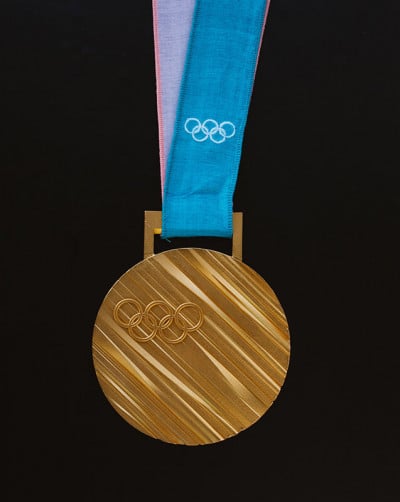
You are probably really really really really really really good at what you do. But are you the best in town?
Think about that phrase: The best.
That’s a high summit. In fact, the highest.
I have no reason to doubt you’re really really really really really really good. I bet you even won one of those contrived “best of my town” votes in the local newspaper.
So ok. You’re the best. But is the customer looking for “the best,” or “that’ll do?”
Our logical brains want to argue that we always want the best. But our actions say otherwise.

The “best” lobster is probably in Chesapeake Bay…
Yet Long John Silver’s still exists.
Tailored clothes are the “best.” They look better, last longer, and are more comfortable…
Yet Kohl’s exists.
A Toyota Corolla is a good car. Is it the “best?” For you, maybe. For your neighbor, maybe not. So not only is “best” a tough summit to reach, but it also likely means something different to different people.
If you’re hungry and a greasy, salty hamburger is what you want… McDonald’s will do. It’s not particularly good. It’s not bad. But there’s a conflict, isn’t there?
Our expectations of how we’re served are exceedingly high. If you’ve ever been in a car with someone who didn’t get their dippin’ sauce, you know what I’m talking about.
So, if this multi-national, multi-billion dollar company doesn’t have “the best” hamburger, what are they “the best” at doing?
Efficiency and consistency.
In the 84 seconds from the box to the window, they’ve assembled an entire meal and it only cost you about 7 bucks. You weren’t looking for the best hamburger. You were looking for an adequate hamburger… now.
Who is the “McDonald’s” in your category? The business you believe is getting an unfair amount of customers… in spite of their quality and competence.
A few things are happening:
- You don’t fully understand what your customer wants (time to ask!)
- You’re trying to “educate” the customer to force her to “understand” why she made a bad decision (you’ll never win that one)
- You’re trying to win the wrong customer (if you have a better burger, talk to burger fanatics. You won’t win the McD’s customer no matter what you do)
- Your “best” is different than your customer’s “best.” (see #1)
“Best” is not only a tough bar to clear, but its definition is also so subjective it’s like holding onto an oily water balloon.
Of course, the “we’re the best” claim violates the first rule in advertising: Stop talking about yourself so much. The customer is always the star and deserves the spotlight.
- Marketing Has a Physics Problem - December 3, 2025
- AI is OK - August 14, 2025
- Emotion in Advertising Equals Dollars in Business - December 3, 2024
